
Appreciative Inquiry for Change Management
Using AI to Facilitate Organizational Development
Recommendation
As anyone who has worked in a large enterprise knows, organizations often fail to acknowledge and leverage the human side in their change initiatives, and they struggle mightily as a result. Psychologists Sarah Lewis and Jonathan Passmore, and consultant Stefan Cantore offer an overview of a variety of conversation-based change management methods in use today, with a particular focus on “Appreciative Inquiry” (AI). Because people create and exist in organizations, these collectives suffer the same conflict, chaos and endless complexity that human beings do, so it makes sense to bring human sensibilities into the business world. Though AI may strike some as pop psychology, this manual shows how it’s already at work in major businesses worldwide and how it can help your organization. getAbstract recommends it to any leader, manager, coach or consultant interested in alternative approaches to change management.
Summary
About the Authors
Sarah Lewis and Jonathan Passmore are occupational psychologists and consultants. Stefan Cantore is a consultant in leadership and organizational development.









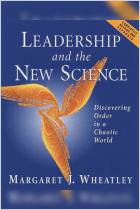
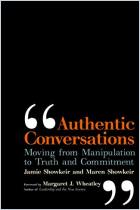
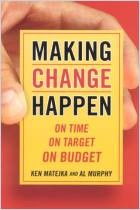
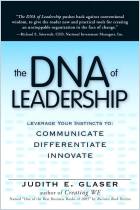
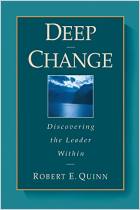
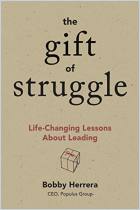




Comment on this summary or Iniciar a Discussão